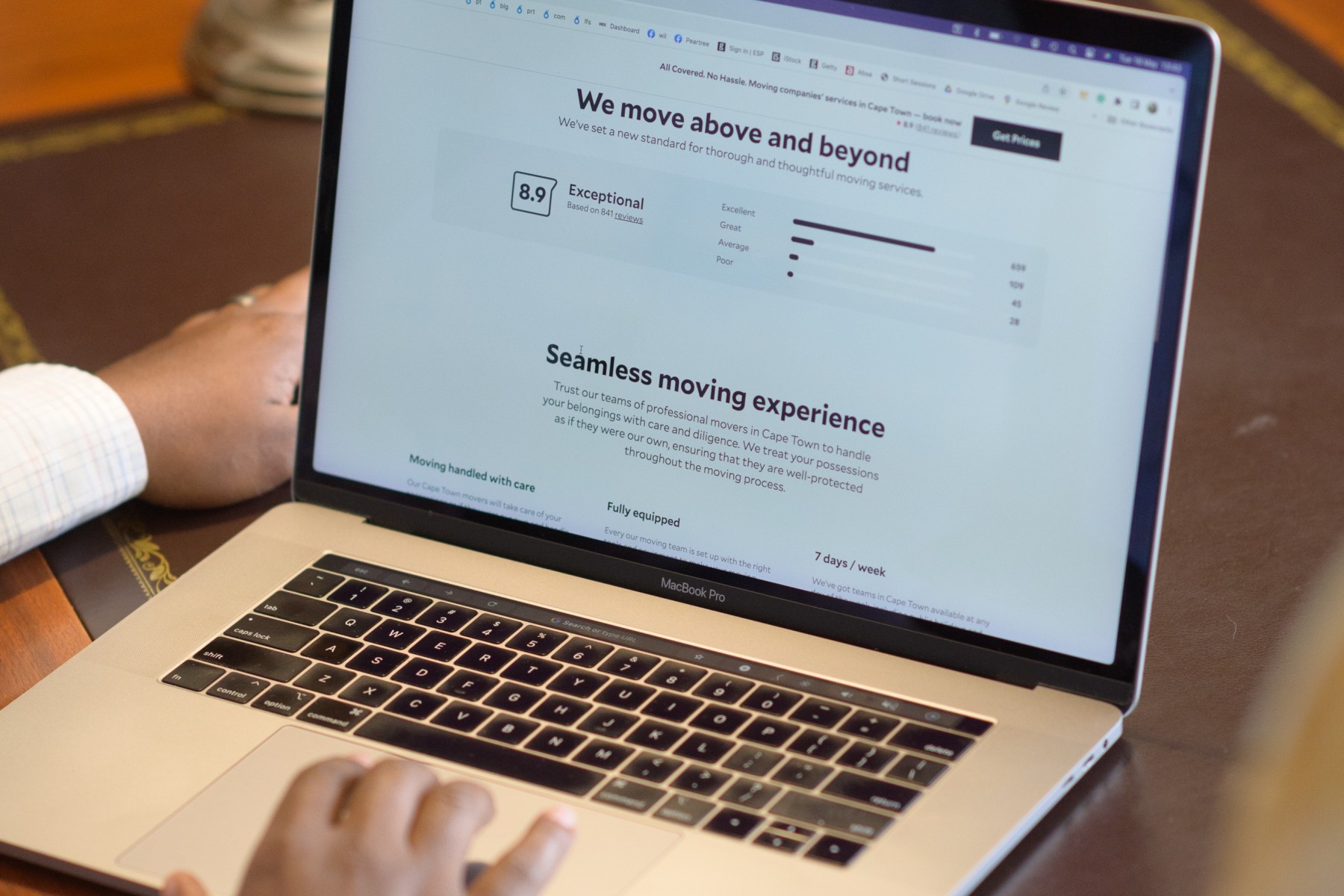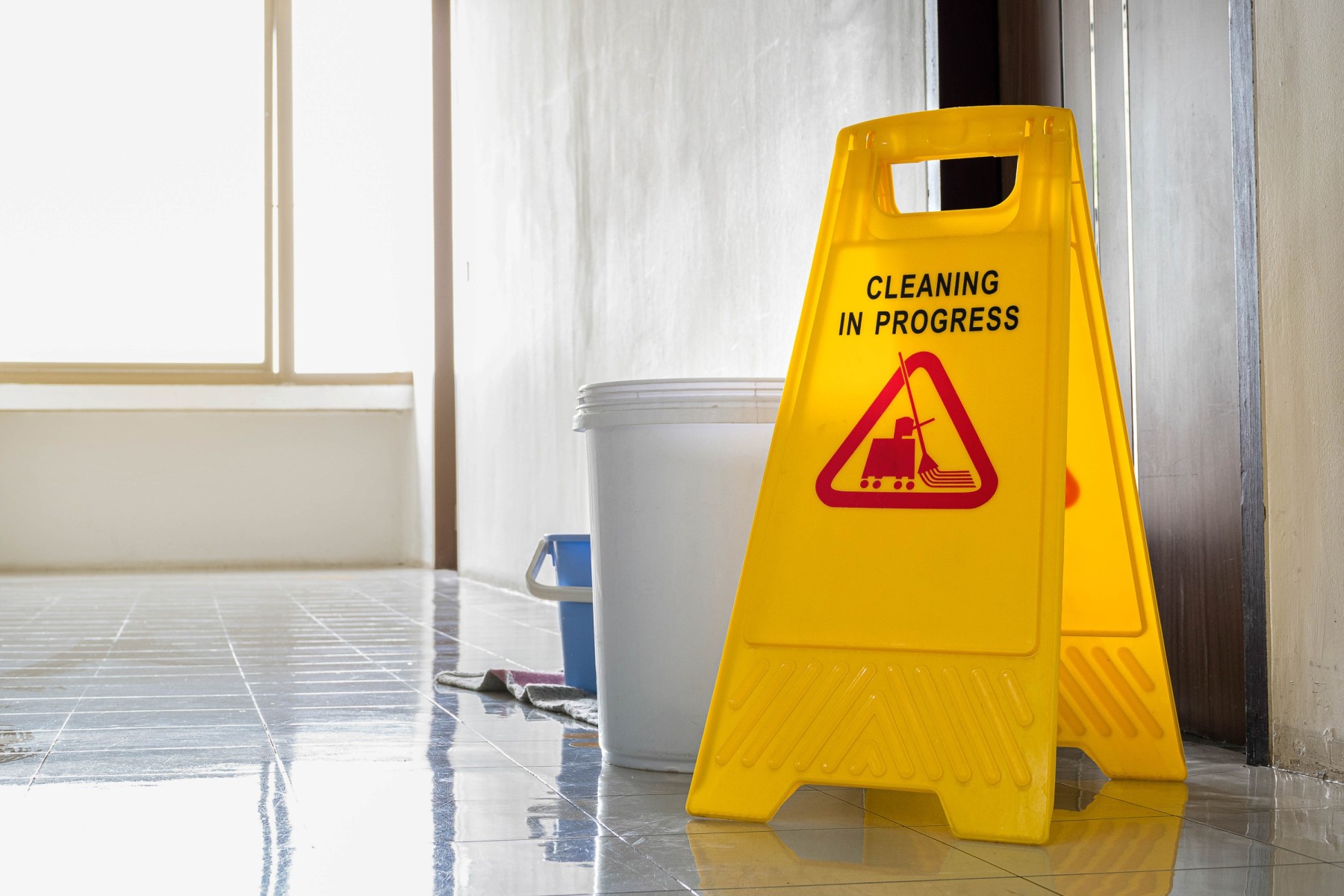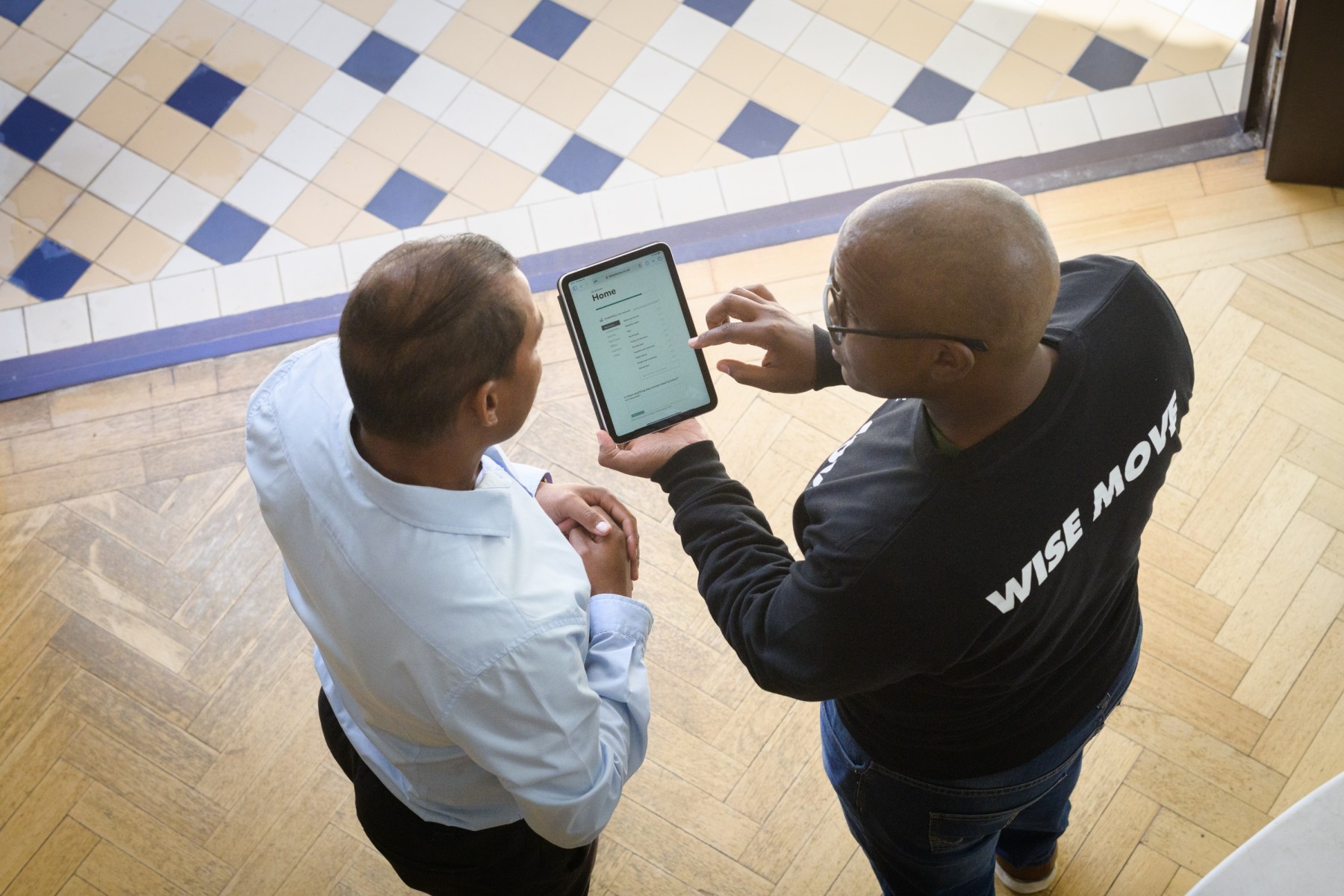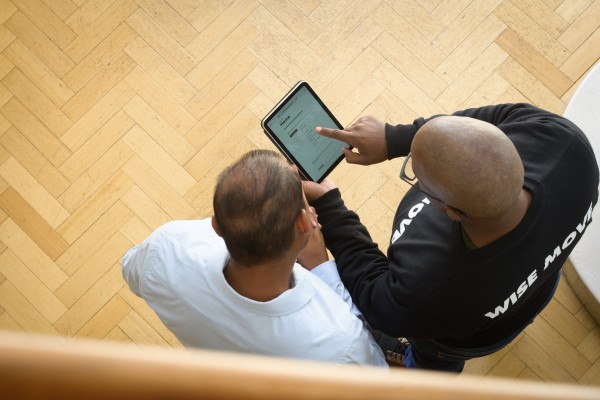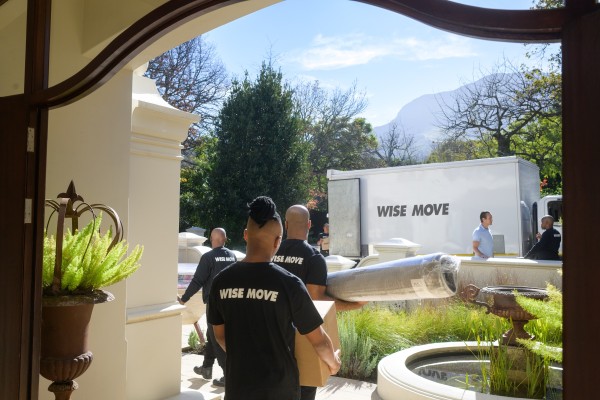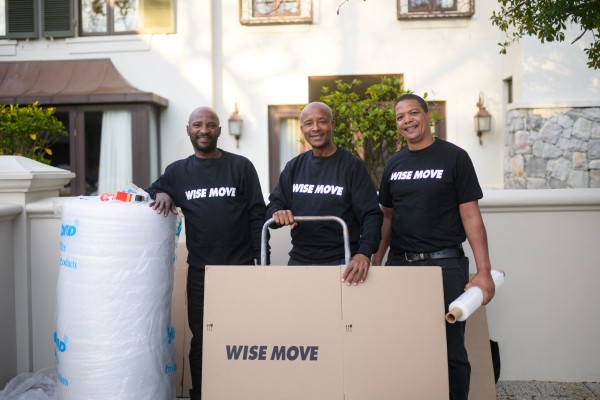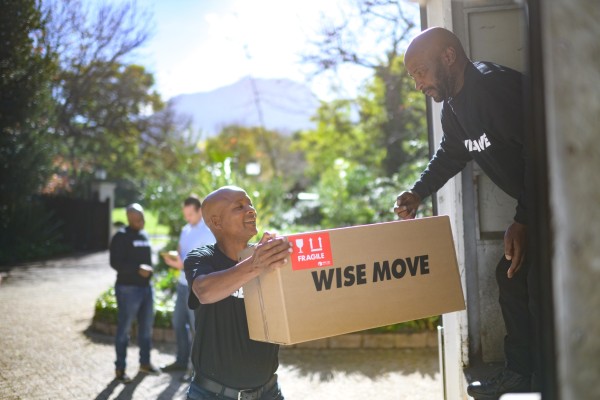What to consider when planning an office move in South Africa

Moving an office is not for sissies. Even when it’s a sign of growth, a bigger team, a better address, or a fresh start, it can feel like organised chaos. Staff get nervous, and productivity dips. Suddenly, you’re juggling floor plans with lease clauses while trying to keep the business running.
But the truth is, with the right approach, an office move doesn’t have to derail your momentum. It can actually boost morale, spark energy, and set the tone for a new chapter if it’s done right.
Still in the early stages of considering a move? This guide covers everything you need to think about when planning an office move in South Africa. It’s where stress gets reduced, budgets stay on track, and your team feels included rather than blindsided.
Start planning early (earlier than you think)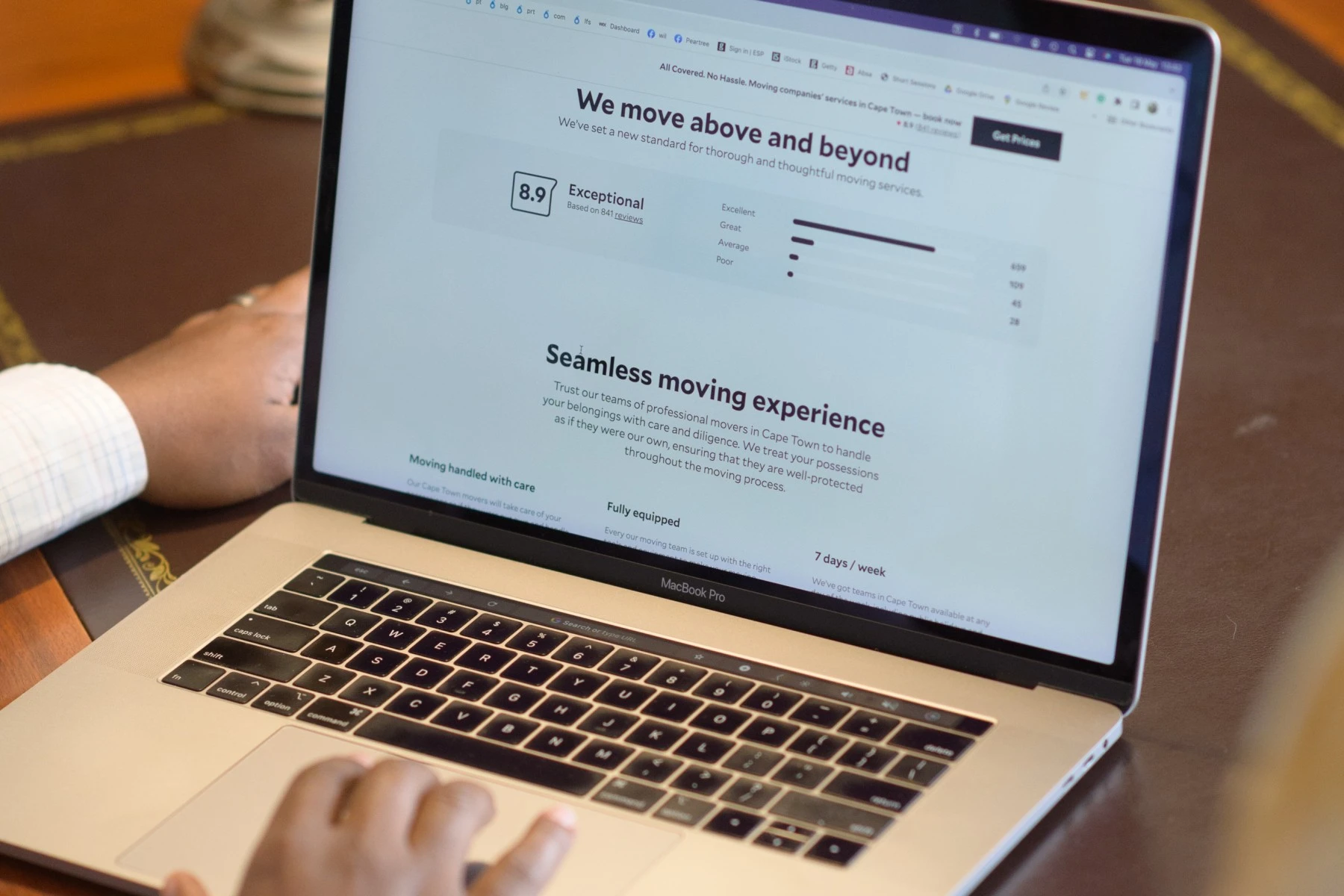
Even if it feels premature, starting early gives you space to make smart, low-stress decisions that protect your bottom line.
Ideally, give yourself at least 6 to 12 months of runway leading up to when you want to move office. That may sound like a lot, but you’ll need time to sort out all the nitty-gritty details that go into an office move.
As soon as the conversation about moving office begins, you’ll want to:
-
Review your current lease and check for exit penalties.
-
Start scouting for your next space (which might take longer than expected).
-
Give your team plenty of notice. No one likes last-minute surprises.
-
Map out a rough timeline: lease signing, packing milestones, booking a moving company, and plan for moving day.
Already committed to the move? Head to our Office Relocation Guide for a full step-by-step breakdown.
Pick your next office space with intention
You might be tempted by cheaper rent or slick, fancy interiors, but choosing a space that fits your team's workflow and future growth matters more. Think about how the space supports hybrid setups, collaborative zones, and call booths, depending on your team’s needs
How to choose the perfect office space
-
Is it convenient for staff (commute, parking, transport)?
-
Is the space scalable if your business grows?
-
Are you near your main clients, suppliers or amenities?
-
Is the space safe, welcoming and aligned with your brand?
-
Does the lease offer enough flexibility?
Create a realistic, watertight budget
Office relocations aren’t just expensive, they’re sneakily expensive. Things add up quickly, especially if you haven’t moved in a while. A few costs to anticipate:
-
Lease cancellation fees.
-
Utility deposits and address updates.
-
Hiring a professional office moving company.
-
Temporary storage if needed.
-
Cleaning services (old and new offices).
-
New office furniture or fit-outs.
-
IT setup and reconnections.
-
Marketing and new signage.
-
Downtime-related productivity loss.
One of the biggest mistakes? Forgetting hidden costs and underestimating the full scope of your office move.
Tip: Build in a 5–10% contingency for delays, repairs, or urgent tech fixes. You’ll thank yourself later.
Use our moving cost calculator to get a rough idea of moving expenses before requesting custom quotes.
Get your team involved in the move
Moves can shake up more than just desks. They disrupt day-to-day routines, work setup and comfort zones. It has a direct impact on employees' commute and travel time
To ensure a smooth transition, communication is everything. Be transparent about the why, not just the when. It helps ease anxiety and helps them understand the value the new office will bring them.
You’ll also benefit from including your staff in the process wherever possible:
- Assign clear roles within the team to manage the moving process. Identify project lead, team reps, or packing coordinators.
- Get your team's input on what they need from the office space, layout and amenities. Even something as small as choosing the kitchen setup or meeting room names creates a sense of inclusion.
- Let team members weigh in on important tasks during the moving process. For example, how to communicate with clients and suppliers.
Declutter like you mean it
Now’s the time to ditch the tangled cords, obsolete filing cabinets, broken chairs and dusty 'just in case' supplies. You don’t want to pay movers to transport junk. Audit everything, digitise what you can, and donate or recycle the rest.
This makes it easier to start creating your inventory of all the office items you'll be moving.
Confirm who’s responsible for office cleaning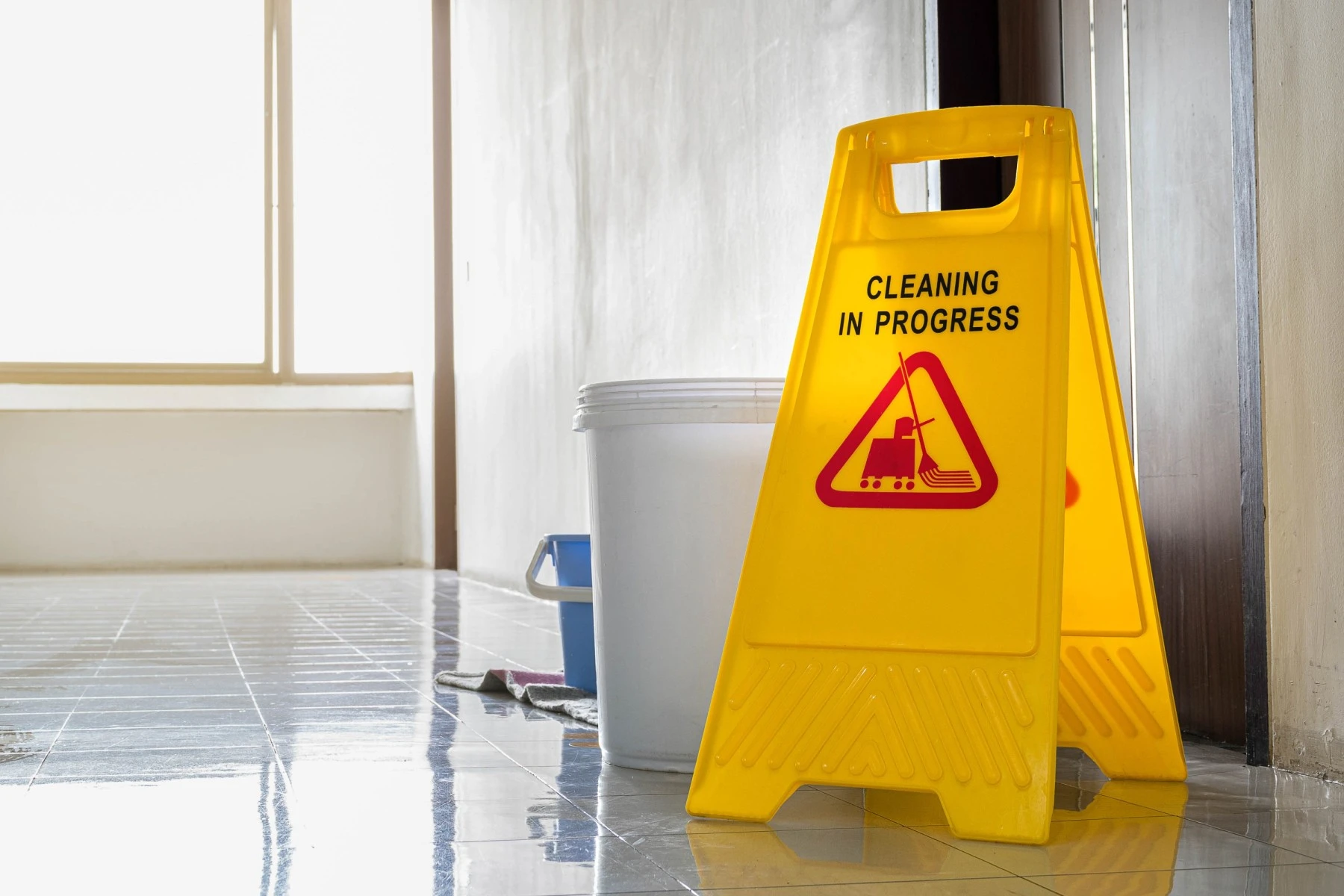
When moving offices, don’t overlook end-of-lease and pre-move-in cleaning. Most commercial leases require the old space to be professionally cleaned before handover. Your new office may also need a proper clean before anyone settles in.
Tip: Check your lease agreement or speak to your property manager to confirm who’s responsible for cleaning. it could be you, the landlord, or the new tenant.
Getting clarity upfront helps avoid disputes and unexpected costs.
Hiring a professional office cleaner saves time and ensures both spaces are spotless. It also helps you start fresh in a clean, welcoming environment.
Add these to your moving checklist
- Deep clean carpets, bathrooms, and kitchenettes.
- Sanitise high-touch surfaces.
- Empty and wipe down fridges and storage areas.
- Remove any remaining signage or branding from the old space.
Prepare for your IT and tech move
This part will make or break your first week in the new space. Or worse, impact clients if systems go down. Plan to:
-
Meet with your IT team or service provider early.
-
Back up all systems and data.
-
Label and inventory all hardware.
-
Plan disconnection and reconnection dates precisely.
-
Ensure the internet is live before move-in.
A dedicated IT relocation provider may be worth the cost if your setup is complex or time-sensitive.
Let the experts do the heavy lifting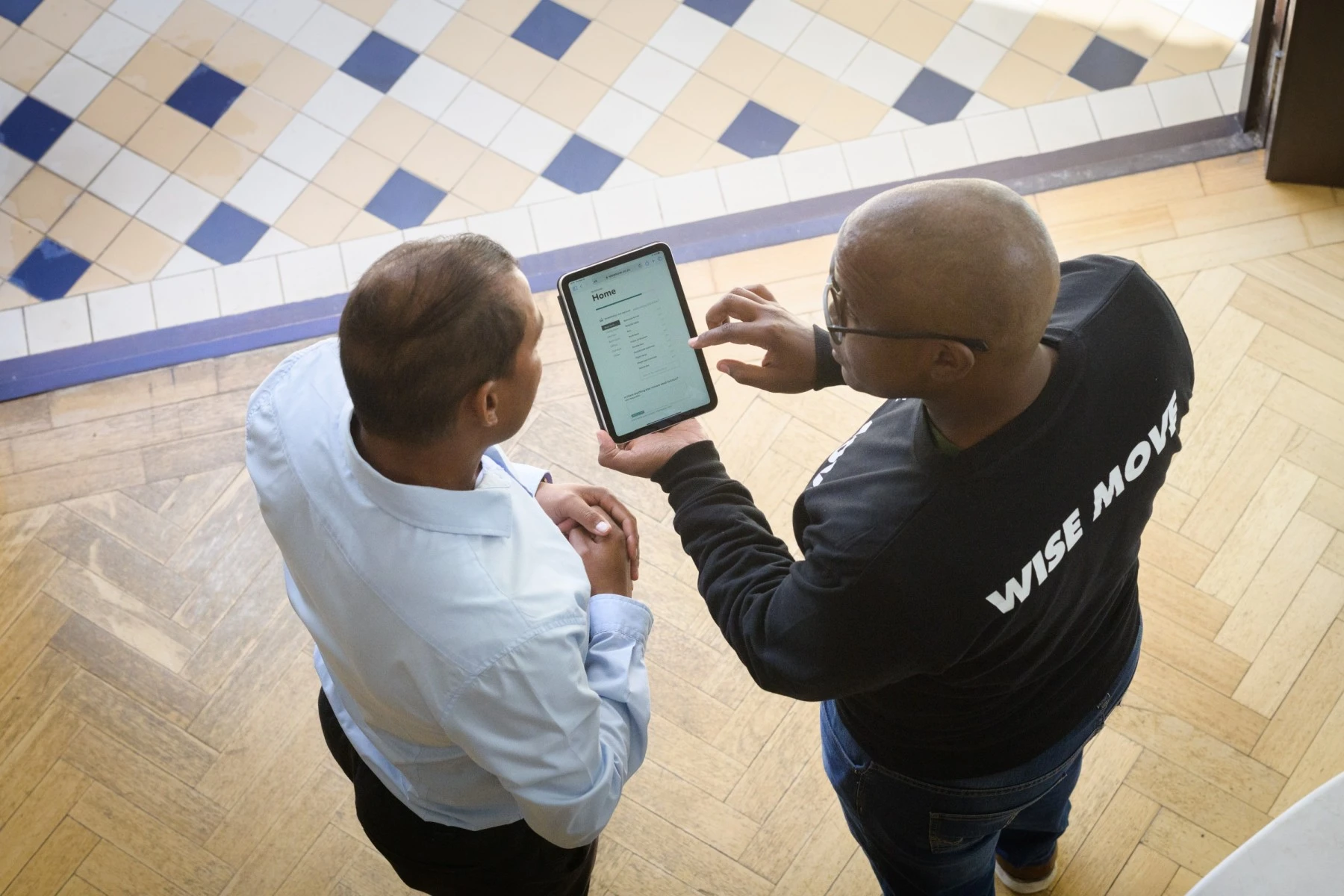
Once you’ve locked in your next space, don't underestimate the value of getting help on moving day. Don’t wing it. Use a trusted mover experienced in office relocations. They have the skills needed to handle fragile tech, high-value equipment, and tight commercial deadlines.
Wise Move lets you compare quotes from vetted office moving companies and book the best office mover for your business needs, all in one place.
Update your business address across all platforms
Changing offices means more than just picking up and going. Create a list of where you’ll need to update your business address across all platforms and communications channels. Things like:
-
Website
-
Google business profile
-
Social media and newsletters
-
Email footers
-
Business cards
-
Invoices
-
Banks
-
Billing records
-
Suppliers and delivery partners
-
Insurance providers
-
SARS and CIPC
Make the move a milestone
An office relocation isn’t just another task on the list. It’s a major achievement for your business. Framing it as a shared milestone helps keep morale high and gives your team something to work toward together.
Plan something small but meaningful to mark the moment, like a welcome lunch or low-key office warming. It sets the tone for this next chapter.
Build your moving timeline
If you’ve made it this far, you’re already ahead. When you’re ready to take your planning further, our Office Relocation Guide will walk you through the next steps. It covers everything you need to know leading up to office moving day, including packing tips and more.
What do our customers say?



